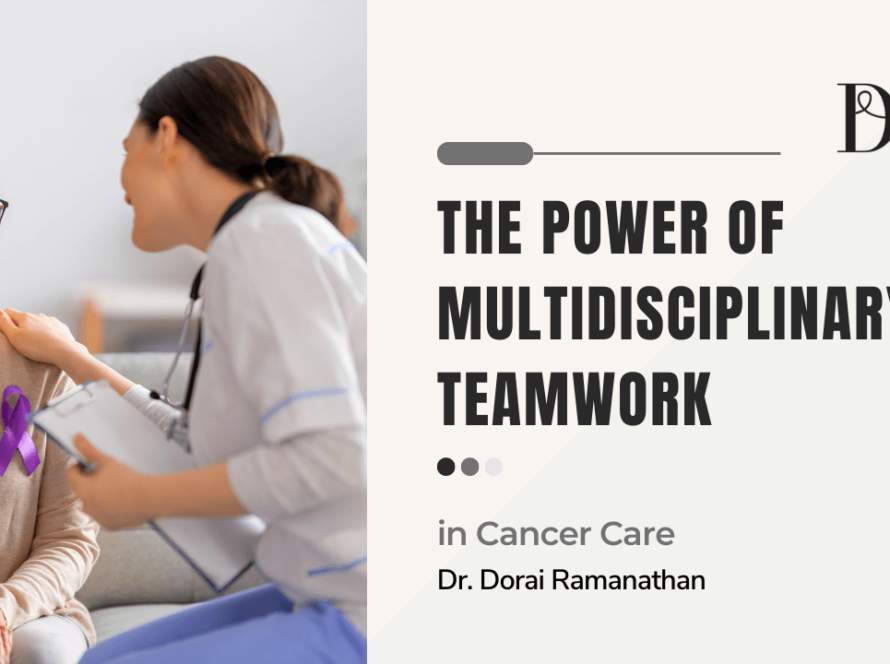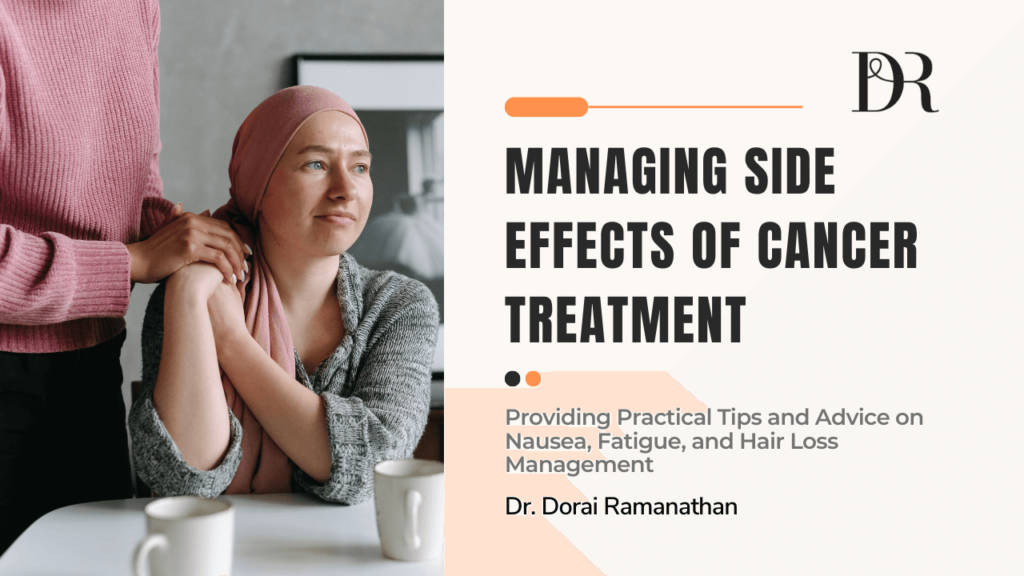
Receiving cancer treatment is a challenging journey, both physically and emotionally. While the primary focus is on fighting the disease, it’s essential to address the potential side effects that can arise from treatment. Side effects such as nausea, fatigue, and hair loss can significantly impact a patient’s quality of life. However, with proper management and support, these side effects can be minimized, allowing individuals to navigate their treatment more comfortably. In this blog, we will explore practical tips and advice for managing these common side effects of cancer treatment.
Nausea
Nausea is a frequent side effect experienced by many cancer patients. It can be triggered by chemotherapy, radiation therapy, or other cancer treatments. Here are some strategies to help alleviate it:
- Stay hydrated: Sip on clear liquids throughout the day, such as water, herbal teas, or broths. Avoid large meals and opt for small, frequent snacks of bland, easily digestible foods.
- Ginger: Try consuming ginger in various forms, such as ginger tea, ginger candies, or ginger ale, as it can help reduce nausea. Ginger has natural antiemetic properties that can calm the stomach.
- Medications: Consult with your healthcare team about anti-nausea medications that can be prescribed to manage this side effect. They can recommend the most suitable options based on your specific situation.
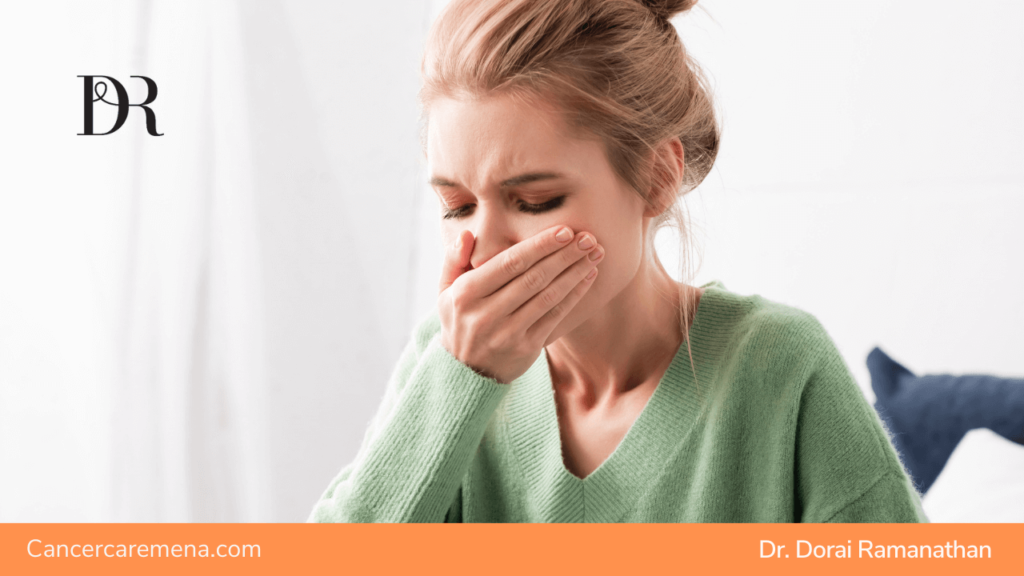
Fatigue
Fatigue is a common and often debilitating side effect of cancer treatment. It can make it challenging to perform daily activities and affect overall well-being. Consider the following tips for coping with fatigue:
- Prioritize rest: Listen to your body and make rest a priority. Allow yourself to take short naps or breaks throughout the day to conserve energy.
- Light exercise: Engage in gentle activities like walking, stretching, or yoga, as exercise can help reduce fatigue. Consult with your healthcare team before starting any exercise regimen.
- Energy conservation: Plan your activities and conserve energy by delegating tasks and accepting help from family and friends. Focus on essential activities and allow yourself to let go of non-essential tasks.
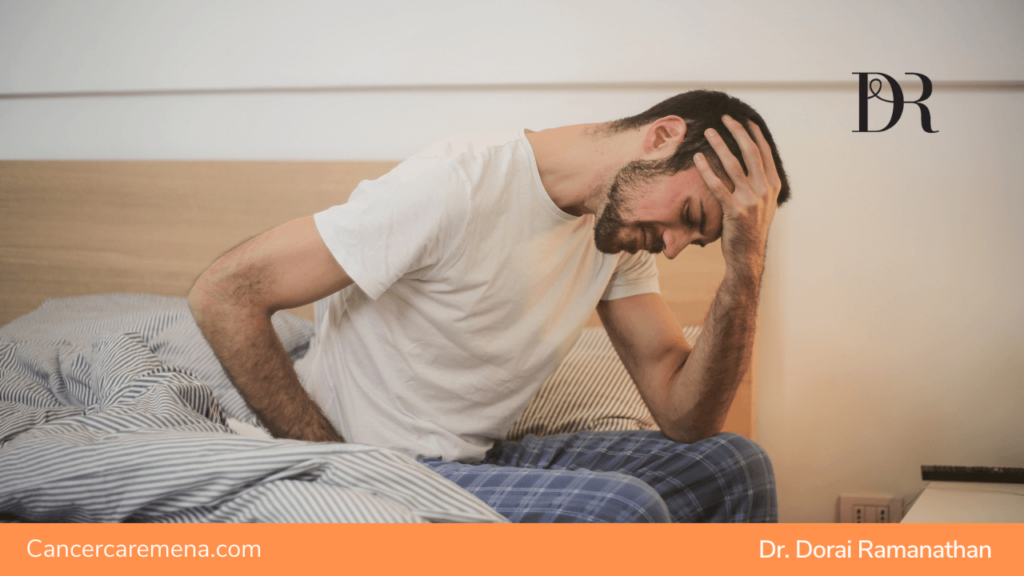
Hair Loss
Hair loss can be emotionally distressing for many cancer patients, affecting self-esteem and body image. Although it may not be preventable in all cases, here are some tips to manage it:
- Cold cap therapy: Discuss with your healthcare provider the possibility of using cold cap therapy during chemotherapy to reduce hair loss. Hard caps work by cooling the scalp and narrowing blood vessels, potentially reducing the amount of chemotherapy drugs reaching the hair follicles.
- Head coverings: Experiment with different head coverings, such as scarves, hats, or wigs, to find what makes you feel comfortable and confident. Many cancer centers offer resources and support in finding suitable head coverings.
- Scalp care: Be gentle with your scalp while washing and drying your hair. Use mild, fragrance-free shampoos and conditioners. Consider using a wide-toothed comb or a soft brush to minimize hair breakage.
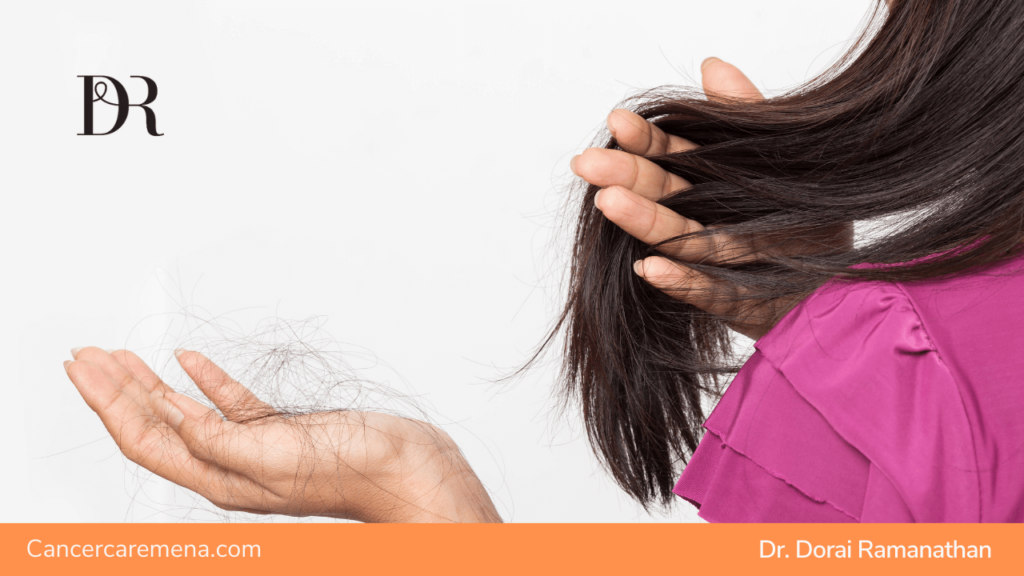
Conclusion
Managing the side effects of cancer treatment is an essential aspect of providing comprehensive care. By implementing practical tips and advice, individuals can alleviate the discomfort caused by side effects such as nausea, fatigue, and hair loss. Open communication with your healthcare team is crucial in addressing these concerns and finding personalized strategies that work best for you. Together, we can help patients navigate their cancer treatment journey with greater comfort, improved quality of life, and a sense of empowerment.
Disclaimer: The information provided in this blog is for educational purposes only and should not replace medical advice. Consult with your healthcare team for personalized guidance and recommendations based on your specific situation.



